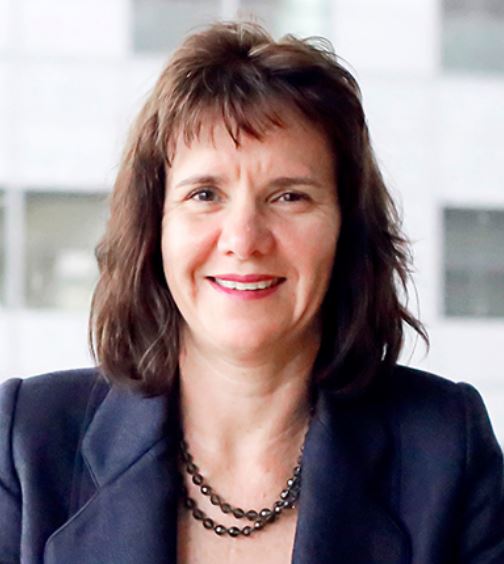Retirement village boards and executives have been warned that they should be preparing for COVID-19 outbreaks and the potential loss of income that could result – plus look closely as their sales processes to put their businesses in the best position as buybacks and receiverships begin to bite into the industry’s profits in a webinar hosted by the law firm about the new NSW retirement village reforms.
Russell Kennedy Principal Donna Rayner led the webinar – titled ‘NSW Retirement Living Reforms announced on 24 June 2020: What this means for operators webinar – with Principals Rosemary Southgate and Rohan Harris, and lawyers Lee Be and Sylvia Mansour.

Rohan said that while the solvency requirements for retirement villages are not as onerous as those in the aged care sector, boards still have a responsibility to ensure their payment obligations are matched by new income coming in.
In a well-performing village with high demand, this would typically come from new residents, he said – but the uncertainties around COVID-19 and the housing market are impacting on this pipeline.
Other options such as obtaining new equity are not available to Not For Profits, leaving cash reserves and debt funding.
However, Rohan warned that the banks are currently being very cautious around lending and the low interest rates do not translate into favourable pricing – adding that debt funding also does not give operators “much room to move”.
He says boards should be looking at the sustainability of their business model and asking a number of questions (pictured above).
This includes examining if there is any capacity to improve the sales process to ensure you have a steady stream of people want to move into the village and also put your business in the best position if residents do choose to invoke the buyback process.
Rohan also recommended boards be “stress-testing” for a COVID-19 outbreak in their village and the impact that multiple residents leaving at the same time would have.
“This could put a village under extreme stress from a liquidity perspective, not to mention the reputational risk,” he said.
He added that boards should also be looking at additional expense controls and how they could access additional equity and for villages with real liquidity issues, investigating asset sales or sale/leaseback scenarios to release capital.

The Principal added that there are opportunities for larger businesses that do have capital available to increase their scale through acquisitions and help spread the risk from liquidity pressures.
While there is still more detail to be revealed about the new reforms which will not be passed into legislation until later this year, Rosemary said the onus will be on the operator to establish that they have not unreasonably delayed the sale of a resident’s unit, rather than on the resident.
She advised operators to show that they are carefully documenting and communicating the processes around the sale to the residents to ensure they can prove that they are not interfering and are assisting in the sales process.
“It’s absolutely critical to be able to defend yourselves,” she said.
This includes documenting dialogue on the agreement of the sale process and how the unit will be marketed and sold.
Rosemary also recommended that operators keep a record of the market value of their units so they can provide up-to-date information to residents at the first discussion with the residents about their exit entitlements.
However, she said much of the detail is still to be revealed, including around how the valuation costs are shared and how wide the right of appeal will be for both operators and residents.
Rosemary added that it is also unclear how the ‘aged care rule’ – where operators pay a portion of the resident’s estimated exit entitlement as a Daily Accommodation Payment (DAP) to the aged care provider if the residents doesn’t have the funds to pay – will be applied, noting that in South Australia, residents must show that they don’t have additional funds to cover the payment.
Compare this to Victoria where there is no threshold and residents have the absolute right for the operator to pay their DAP.
“It will be interesting to see which way NSW will go,” she said.
Rosemary concluded that operators should prepare now and be reviewing both their financial risk through modelling and also looking at their sales processes – with the focus on clear communication with your residents.
If you are interested in learning more about what your current resident and prospective customers are thinking, there is no better way to find out than with our 2020 DCM Research Program.
Stage I of our Prospect Profile survey – the deep interviews with potential customers and recent residents – is complete and the survey of 2,200 potential residents goes into the field next week.
You can read this research by clicking here.
Our 2020 DCM National Resident Survey is also going into the field early September.
You can take part by clicking here.










